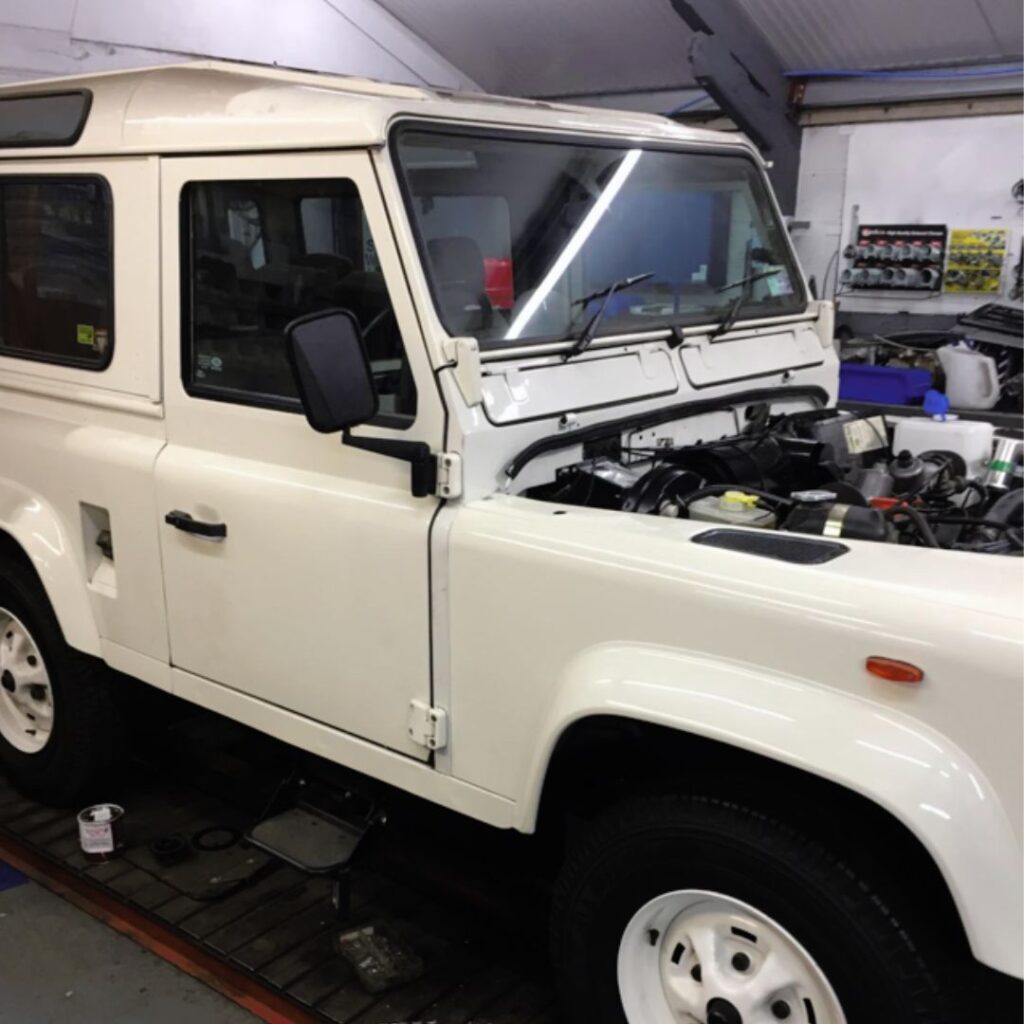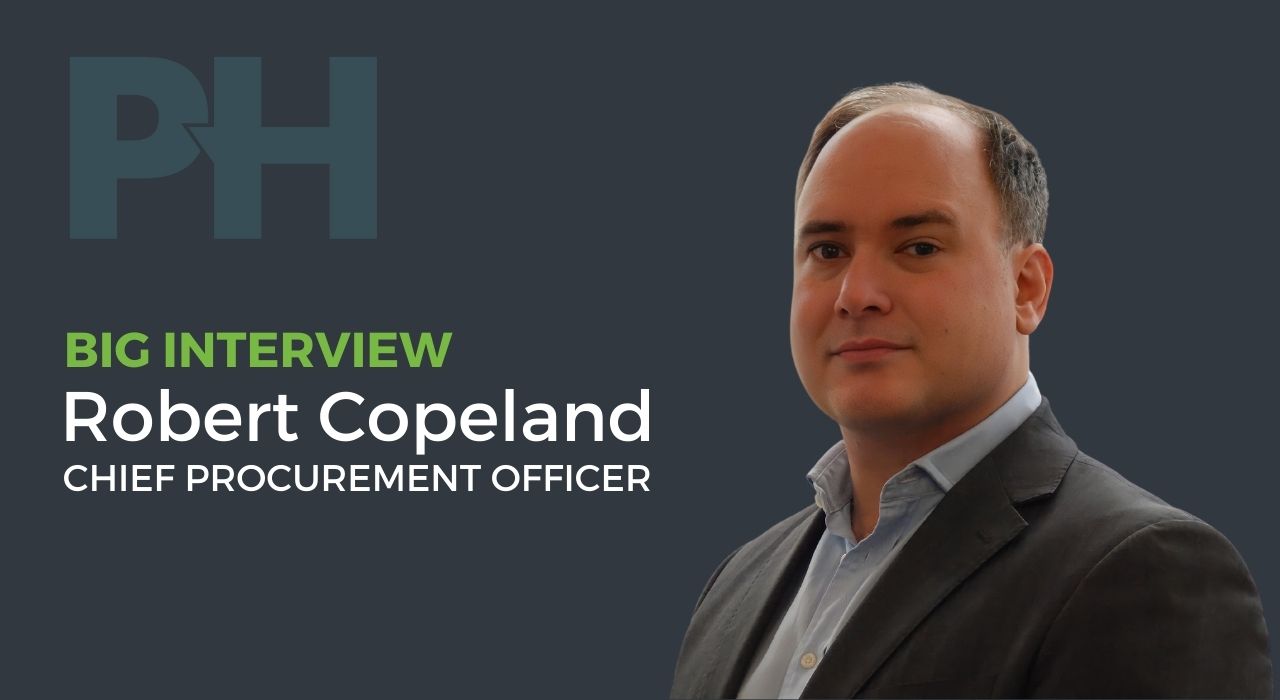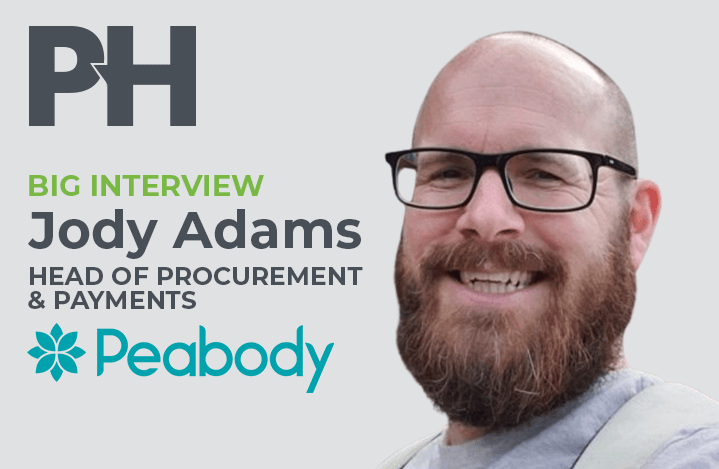For Procurement Heads‘ latest Big Interview, he spoke with James Dobbin.
How did you get into procurement?
I have spent 23 long years in procurement.
I graduated back in 1999, joined the Peugeot graduate scheme in Coventry and spent the first few months in the procurement space.
I found it a fascinating function to be in and have been there ever since.
I spent several years working in France when I was at Peugeot really learning the pure basics of procurement in the automotive industry buying directs, before moving on back to the UK in FMCG, to Danone, followed by a stint at Royal Mail then for the last seven years at G4S.
So multiple industries but it has been a fascinating experience and hopefully adding value to those businesses.
How do you think procurement must react to what is going on in the world at the moment?
What we are seeing in my view is the moment when procurement needs to reinvent itself.
For the last few years what we have seen in procurement is a lot of push around sustainability, systems, processes, and automation of what procurement can do.
But what we have seen over the last 18 months with the pandemic, what is happening in Ukraine and with the Suez Canal. All of the assumptions of globalisation are coming back into question.
Is the assurance of supply as robust and reliable as everyone was hoping it would be? And the answer is no.
There is the renewal of the geopolitical problems, obviously with Russia and the tensions with China.
What we are seeing is the lessons we learnt 20/30 years ago, especially with automotive where assurance of supply was absolutely critical because when you combine components on an assembly line it is critical, they were there otherwise vehicles and production lines would grind to a halt.
What we are having to learn again is everything we have done in the last few years remains important but we have got to bring back the importance to understand the resilience of the supply chain.
Can it withstand shocks? If you’re buying goods or services that are sold on to the customer, if they don’t get delivered the company ceases to exist.
It is really important that those lessons, the understanding of dual sourcing, low-cost country sourcing and all of the mix of what was talked about a lot 10 years ago is re-understood and the relevant risks mitigated.
On top of all of that, the elephant in the room which we haven’t seen in Western Europe in the developed world for decades is inflation, it has come back with a vengeance.
Many buyers who have started their careers in the last 15 years haven’t been exposed to some of the real challenges where the cost of what you buy can rise by 5-10% every year.
What we have often seen is that buyers are talking about the savings that they have got, now they are talking about how we mitigate and eliminate the increases.
There is a lot of that in terms of the contractual piece, the hedging and understanding of the mechanisms and the tools available to the Buyer.
Finally, there is huge competition. It is no longer an environment where the UK or US is at the top of the pile when it comes to buying products, goods or services. It is highly competitive.
The Buyer has to be able to ask what they are doing to make their company the preferred customer.
Do I either pay a premium or do I leverage the relationships that enable us to be at the front of the queue?
It doesn’t necessarily mean you pay less.
So, all of those things need to be understood and acted upon if a procurement team is going to be successful moving forward.
What does sustainability mean for you in the field of supply chain and procurement?
Sustainability has grown enormously with net-zero with modern slavery, you name it there has been a lot of talk about sustainability.
That isn’t necessarily going to go away but what the Buyer has to be able to do is juggle the challenges of today along with all of these aspects.
What we are talking about is sustainability is here to stay – net-zero, the decarbonising of your supply chain isn’t going to go away.
When we look at net-zero, the bulk of the challenge sits within the supply chain.
Procurement has a fantastic opportunity to really make a difference, but the reality is the problem also sits very firmly with them.
So, they’ve got to be able to understand what can we do with it.
How do we ensure we are moving forward and not just talking about it so that we can credibly and tangibly make changes that can be measured to demonstrate to investors?
At the moment there are lots of talks and commitments but what we will see in the coming years will be customers and investors coming back and saying; have you got science-based targets?
Have you got tangible evidence of what you are saying? Because you only need to look at the moment where there are a lot of FMCG companies talking about fantastic ethics and fantastic environmental progress yet continuing to operate in Russia.
What we will start to see will be people saying, right do you actually live the values that you talk about if you don’t then I certainly believe consumers will vote with their feet and will punish a business and its reputation.
Is there a way to quantify that in a blanket way across many businesses and sectors?
Yes, I think there is a way to measure it, when I was at G4S one of the biggest challenges wasn’t the ability to make a commitment but it was to make sure we could capture the right information and process it and present it in a manner that senior leadership could then make informed decisions.
The key challenge is don’t just capture data but how do you format it and provide insight from that information.
That will be absolutely critical, especially with scope 1, 2 and the dreaded scope 3 which is a challenge but will ultimately represent the largest proportion of net-zero when people start really delivering on the challenges.
Do you predict any trends in the next 3-5 years in the UK for businesses that perhaps use overseas suppliers?
I think procurement has had a lot of fantastic visibility and opportunity to demonstrate its value in the last few years.
The pandemic has really made businesses look again at their supply chain.
Where in the past procurement possibly was seen very heavily as a process.
When I was at G4S a lot of the buyers stepped up and did a fantastic job around the world of supplying PPE and making sure the business was enabled to succeed and deliver frontline services.
I see that continuing over the next few years but it is absolutely critical that we accept and we acknowledge as if we don’t maintain the momentum and if we don’t start driving the changes presented to us procurement will very quickly be moved back into the back office.
I would advise anyone in the procurement space, don’t rest on your laurels, this is your opportunity to sit down and say right what value can I offer the business and what are the capabilities and capacity required to deliver that.
How has the landscape of procurement changed since you have been in procurement and what advice would you give somebody embarking on a career in procurement?
It has certainly changed hugely, when I joined the automotive industry, I turned up to an office in France with people smoking in the office and a lot of people really using procurement as a department to see them out into retirement.
That has changed hugely, it is a far younger more diverse function and is the better for it.
Certainly, for me, anybody entering into procurement make sure that you and your leadership can use the skills that you bring. In the past it was to learn the basics, learn the ropes and incrementally progress but certainly in my time come of the more junior member of the team have bought solutions and ideas that I myself hadn’t thought of but really allowed us to tackle some of the ESG challenges.
It is a great place to be and to not only lar the ropes but the ability to make that difference from day one.
What advice would you give to someone on the cusp of a Head of Procurement role, or maybe already in a Head of Procurement role?
For me, there are three questions I would want to ask if I was the budding Head of Procurement.
The first question is: When I am driving change anything that I need to do, does the procurement solution or product make things better for the user or the customer?
Often, I have seen in my time some fantastic solutions in concept but they actually make things worse for the business.
But, unfortunately, procurement has that reputation as blockers and people who stop money from being spent.
So, it is absolutely important as a Head of Procurement that when you look at a project you say right what am I making better for the business?
Secondly, all decisions in most organisations: What is the operating cash flow and what is the profit impact, is there a tangible value to the business?
Thirdly and most important for me is: Does the business have the capability and capacity to implement and deliver the change?
Sometimes people’s eyes are bigger than their stomachs and they want to deliver change but actually is that capability sitting in procurement or indeed elsewhere.
Therefore, as a Head of Procurement once you have asked those three questions does that lead to the vision of procurement as a trusted supply chain advisory able to conceptualise, develop and implement true supply chain performance and commercial betterment, if they can then that gives them that value proposition to take to the business and enable the business to have the confidence to basically let procurement play with their train set and to make changes that will really add value to the organisation and its customers.
When you are hiring somebody are there any specific traits you look for that you think will set someone up for success in the discipline of procurement?
Yes, I have done a lot of recruitment over the years and have hired some fantastic people who have gone on to have brilliant carers in the procurement space.
Certainly, what I look for are two things…has that individual prepared, do they know about the company they are interviewing for?
It is often quite entertaining when people know nothing about the company they are interviewing for.
That raises a red flag for me.
But secondly, I recruit on attitude, you can teach people technical skills, you can learn it but if they have got the core attitude, the desire and hunger to learn and to deliver then that is something I can build on and that has a lot of value when I interview for people.
Tell us an interesting fact about yourself…

One of the passions I have is restoring classic cars, I am currently restoring a classic Land Rover which is often more rust than metal but that is one of the passions I have at the weekends to get my mind off the many challenges of the world.





